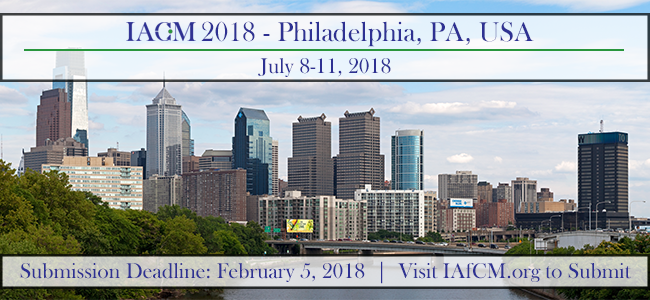IACM 2018 Abstract Book »
The Science of Sustaining Peace: Ten Preliminary Lessons from the Human Peace Project
Since the United Nations began a review of its peacebuilding architecture in 2014 with the aim of reorganizing around the goal of sustaining peace, the international community has come to recognize that sustainably peaceful societies are not well understood. In response to these challenges to understanding and sustaining peace, a multidisciplinary team of researchers set out to employ models and methods from complexity science to study the dynamics of sustainably peaceful societies. The team is a heterogeneous mix of peace psychologists, anthropologists, astrophysicists, environmental scientists, philosophers, and communications scholars who, in consultation with academics and policymakers, have come together to gain a holistic understanding of the core dynamics and primary upstream drivers of enduring peace and to generate a model of the core dynamics of sustainably peaceful communities. This article provides preliminary but timely lessons emerging from the project for policymakers currently reorganizing to promote and sustain peace.
